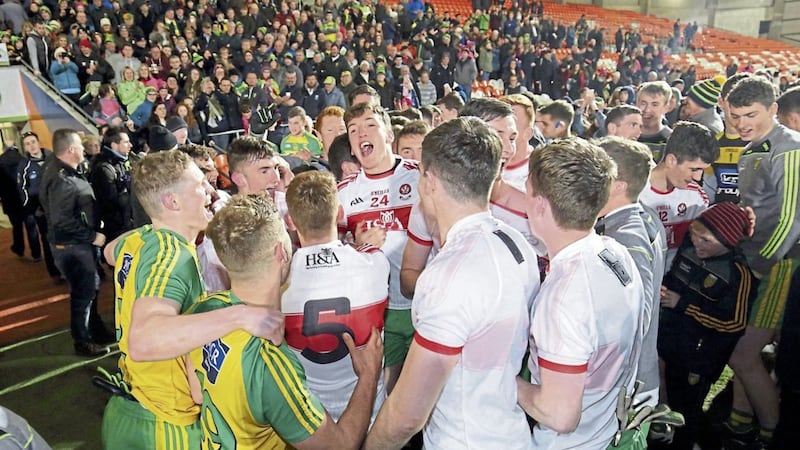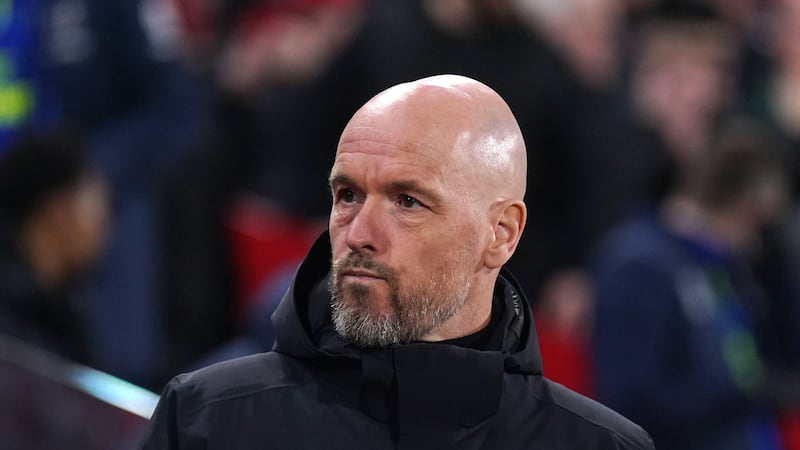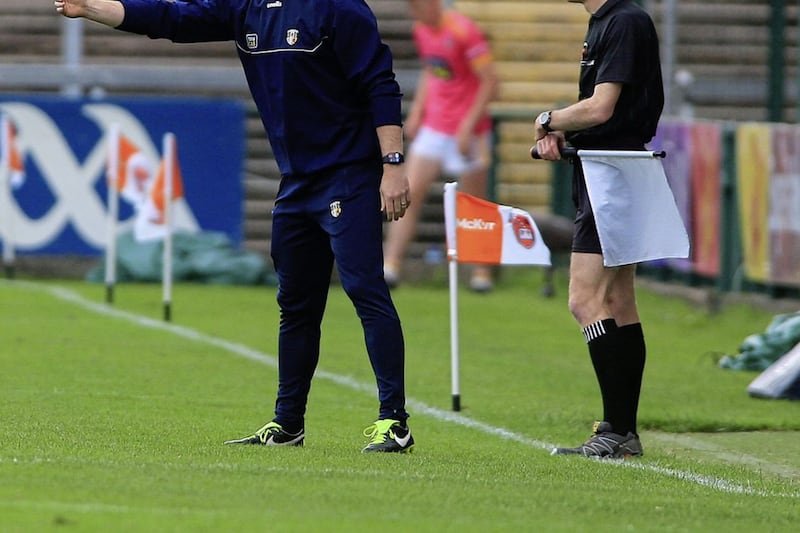BOB Dylan had it that ‘the times they are a-changin’. Watching the last All-Ireland U21 final between Dublin and Galway, it certainly was abundantly clear that many things within the GAA world that used to be taken for granted are not as set in stone as they once appeared.
The GAA, as an organisation, would tend to be viewed as conservative, where change only ever happens at glacial pace. However, like the River Shannon, the calm gentle flow one sees in appearance belies the amount of force and movement occurring.
It is sobering to consider the changes that have occurred in the recent past.
Now, as all of us come to realise as we get older, ‘recent’ is a very relative measure. For those of us that clearly remember the dawning of the millennium and feel it wasn’t that long ago, it is remarkable to think that back then the National League was still played from November to March with two-to-three weeks between games. It was a competition that was on its death-bed and the then changes to the Championship with the introduction of the Qualifier system were believed to be a further sign that the end for it was nigh.
The National League changed to its current format in 2002 – not that long ago, though too long for many of my Armagh friends.
There were relatively minimal changes between then and now at county level with the Tommy Murphy Cup arriving and dying in a similarly forgettable manner.
The club scene saw the formalisation of intermediate and junior provincial and national championships. The move has proved a huge success and provided evidence for the potential benefit of a tiered senior county Championship, but that’s for another day.
Despite such changes, the past several years have seen mounting frustration at the structure of competitions and an increasing demand for more radical overhaul. However, even allowing for the famous/infamous (depending on your point of view) ‘Super 8’ changes to the quarter-final stage of the All-Ireland Championship, there was already significant change afoot.
The U21 Championships are being culled in favour of an U20 level. This was matched by change from U18 to U17 level which will see this year’s minor county competition as the last of that era as well.
When you add in the change in bringing the club finals to the same calendar year and the
All-Ireland final to mid-August, the actual competitions structure of the GAA has essentially had nothing short of seismic change over the past 15 years. So much for the slow pace of change.
So, where do we go from here? As mentioned earlier, the frustration and demand for change has never been greater than this year. As is the vogue throughout the political world, this has arisen from disenchantment of the grassroots – in GAA terms, the club players/fixtures – but it is also from the recognised deficiencies of the remaining competitions.
The GAA, in bringing in the ‘Super 8’ changes, are improving arguably the only part of the current Championships that were already very popular, from the quarter-finals on.
Given the previously mentioned mood and acceptance of change, the two elephants in the room – the Qualifier system and the provincial Championships – are looking like endangered species.
The Qualifiers’ falling attendances are indicative of a competition that, like a marathon pacesetter, has done a job, but their race is run.
The provincial Championships in both hurling and football, meanwhile, are far too
non-competitive, drawn out and unequal to survive.
The cry will rightfully go up from Ulster football and Munster hurling circles, but two great competitions out of seven can hardly be enough to see them remain untouched in the renovations being mooted.
So, the U21s have, like the old National League, bitten the dust, as the minors will later this year. Those of us lucky enough to have medals at these levels may look for something else to impress the grandchildren.
In the new world of GAA change, there are many more things once held dear that will become akin to the bishop throwing in the ball. Once upon a time, a change like the axing of U21 competitions would have caused an uproar. Now, barely a murmur.
Now that the mood for and acceptance of change are in alignment, the next five years are likely to see the biggest change in our games for at least a generation.
Club fixtures should gain proper space in the calendar and there will likely be another attempt to establish a viable second tier competition, while the provincial Championships, the Qualifiers and Railway Cup are all looking vulnerable.
Interesting times ahead and all those that enjoy a piece of GAA history should enjoy the next few years as they’ll be living in them.








